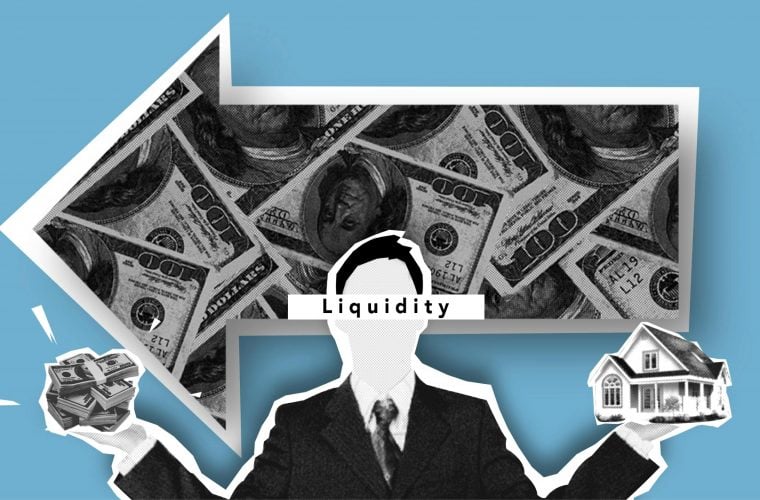
Social Media Marketing for Small Retailers: The Real Cost of DIY vs. Expert Help
Contributed by Lauren Reid, Director of Franchise Agency Services, G/O Digital.
Social media marketing – every independent store owner has been told time and time again that it’s a must-do. It’s affordable, effective and has almost no barrier to entry. Anyone with a Facebook account can easily set up an ad campaign, complete with the ability to target specific audiences based on location, interests and a variety of demographics.
However, what many local business owners frequently overlook is how much time it really takes to manage a social marketing campaign. They often don’t factor in how much research and effort it takes to understand social audience segmentation and strategy or – maybe more importantly — how to calculate the ROI of their efforts. It can become quickly overwhelming, particularly for someone who is already wearing many hats as the business grows.
We know enough about social to be dangerous, so when is it time to hire a pro? Do the benefits outweigh the cost? In order to properly answer these questions, you have to take a look at the most important elements of a social media marketing strategy and evaluate the real cost of executing in-house versus hiring an expert or agency for help.
Do this when you have 170 hours to spare
Because of the misconception of time and effort, it’s easy to assume social media can be done by the business owner or, worse yet, the intern. Often it’s the business owner who first tries to tackle the task on his or her own, they quickly assign a staff member to handle it in between the myriad other daily duties they oversee. The reality is that a strategy yielding results (meaning it meets measurable goals) can’t be viewed as an afterthought or something to be done “when there is time.”
What a good social media strategy needs is a full-time, dedicated person or team who knows how to keep all the moving parts in sync. The job involves a level of expertise that includes knowledge about creating a unified voice across platforms because it’s not only about Facebook, planning ahead to calendar content and posts, monitoring all profiles for comments, feedback and questions from customers, evaluating analytics and performance, ongoing optimization, creative copywriting and attention to detail. If you want to see a quality return on an investment, you have to be willing to first invest time – something most people don’t have in spades.
One or many – which costs more?
The most commonly cited reason for wanting to keep social media efforts in-house is budget. At first glance DIY makes perfect sense, but as a business owner, your time is extremely valuable. What is each hour of your day worth to you? Handling social media yourself isn’t really as no-cost as it seems. Would a dedicated social media manager be more efficient and cost less? Most likely. On average, a social media expert takes in a $40k – $60k salary. That person’s role is to focus solely on managing social accounts, which means they’ll be far more effective. The in-house person also has the advantage of being immersed in the business providing opportunities to incorporate day-to-day happenings into your campaigns.
Now let’s compare the cost and benefits of bringing on an agency for help. While the cost will vary based on campaign goals, a level of service comparable to hiring a single full time employee likely runs somewhere around $3k per month (or $36k annually) – significantly less than the typical annual salary of an in-house individual, which also doesn’t include the additional overhead of a full-time employee. The cost savings are obvious, but there are other benefits to consider when discussing partnering with an agency, too.
When you bring on an outside team, you get the collective knowledge of the group and of all the campaigns it has previously run. If you own a small boutique, your ideal digital marketing partner will be able to build on past examples of what has been successful for similar businesses and apply those insights to your profiles and strategies. Agencies also have teams specifically dedicated to staying on top of trends, algorithm and platform changes and best practices for measuring success. This can make a big difference in turning your social media traction into foot traffic – which as a retailer is always the ultimate goal.
Setting goals is more than picking a number
Goal setting is an important element of any marketing strategy, and social media is no exception. This is another arena where agencies may have an advantage. Your DIY approach might look like it’s doing great if it’s bringing in 15 new sales a month; you set your goal at 10 and you’re exceeding it by 50 percent. Win! But what if the actual average for your industry is 25 new sales a month? In that case, your campaign is severely underperforming. An agency partner has knowledge of industry performance standards and, as mentioned before, the experience to know what works and what doesn’t.
The conversation about goals and success measures also has to include identifying what constitutes a positive result. Likes on Facebook are good but are they driving sales? Is your local foot traffic increasing? Are you fostering relationships with repeat customers? Or are you just haphazardly posting random photos that do little more than show up passively in someone’s feed? Impressions are nice but conversions are your bread and butter.
It’s not who, it’s how
The question really isn’t if you’re going to engage in a social media marketing strategy, it’s how. Your social channels are your brand’s voice online, and that shouldn’t be relegated to the bottom of a priority list. There are benefits to both DIY and partnering with an agency, so evaluate your options and be open minded. It’s possible you could invest less and get more.














